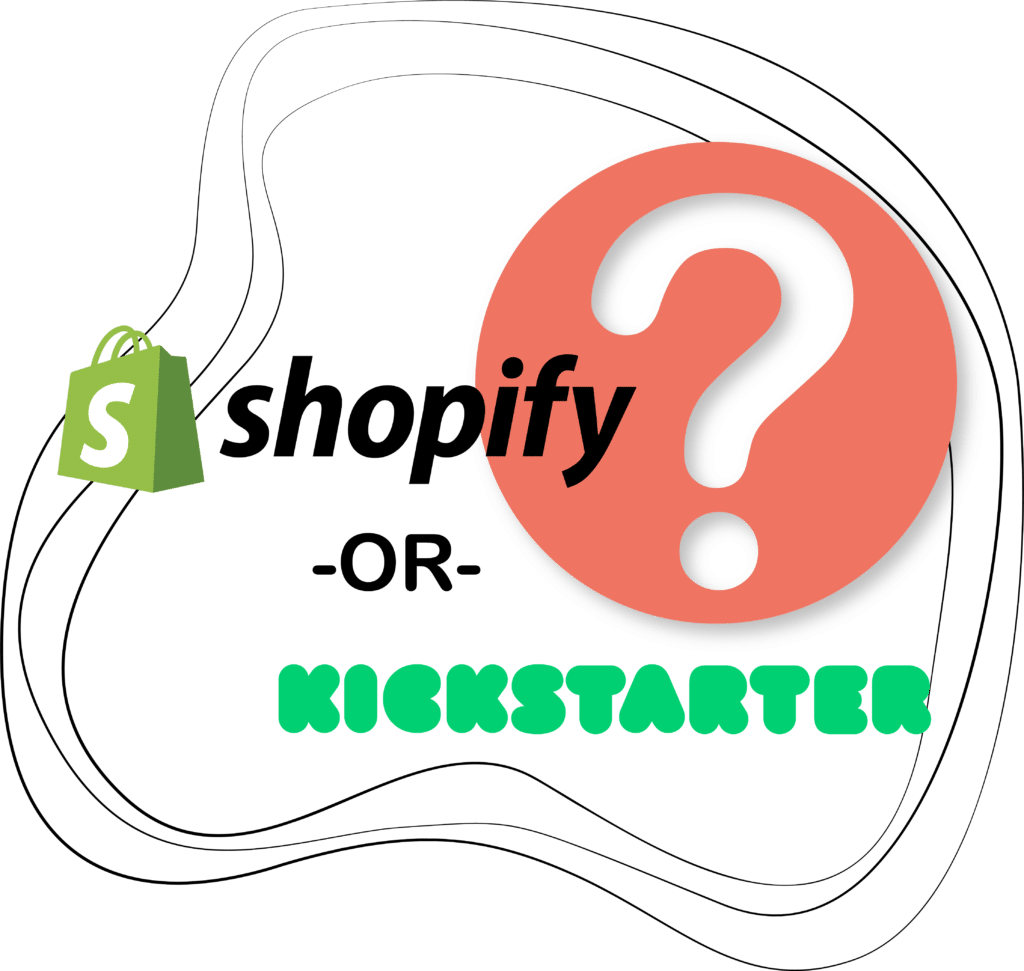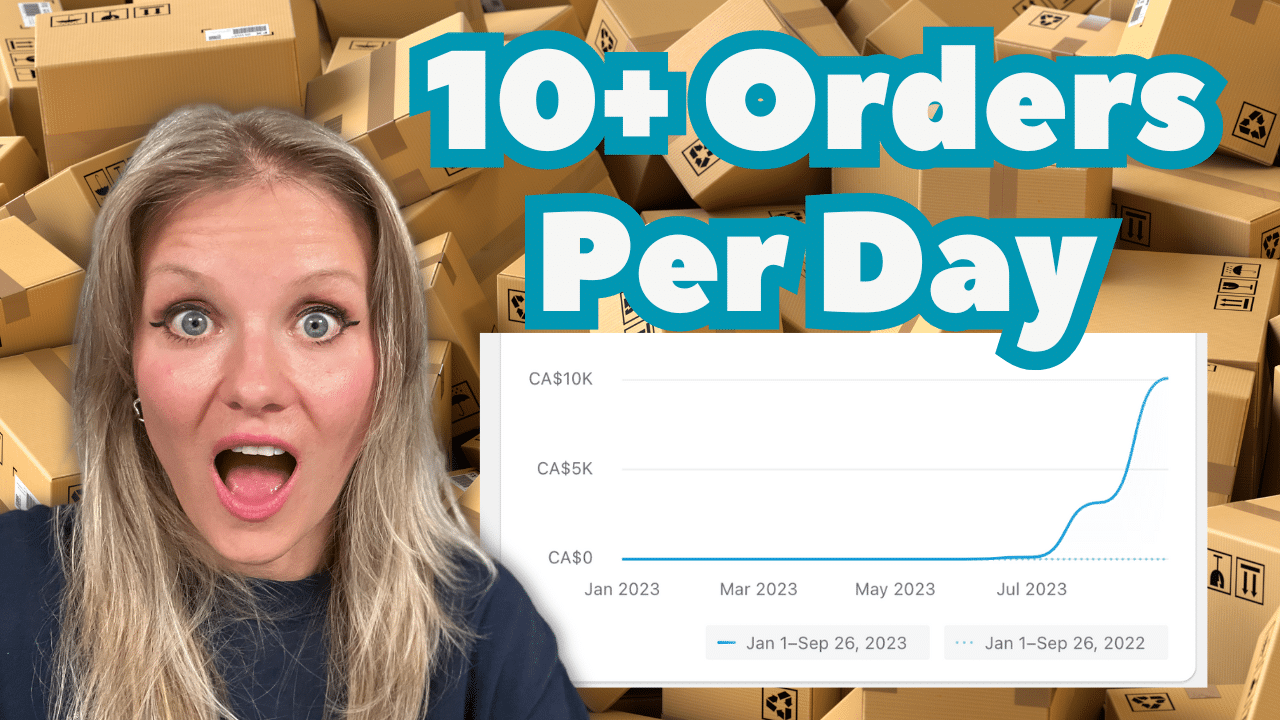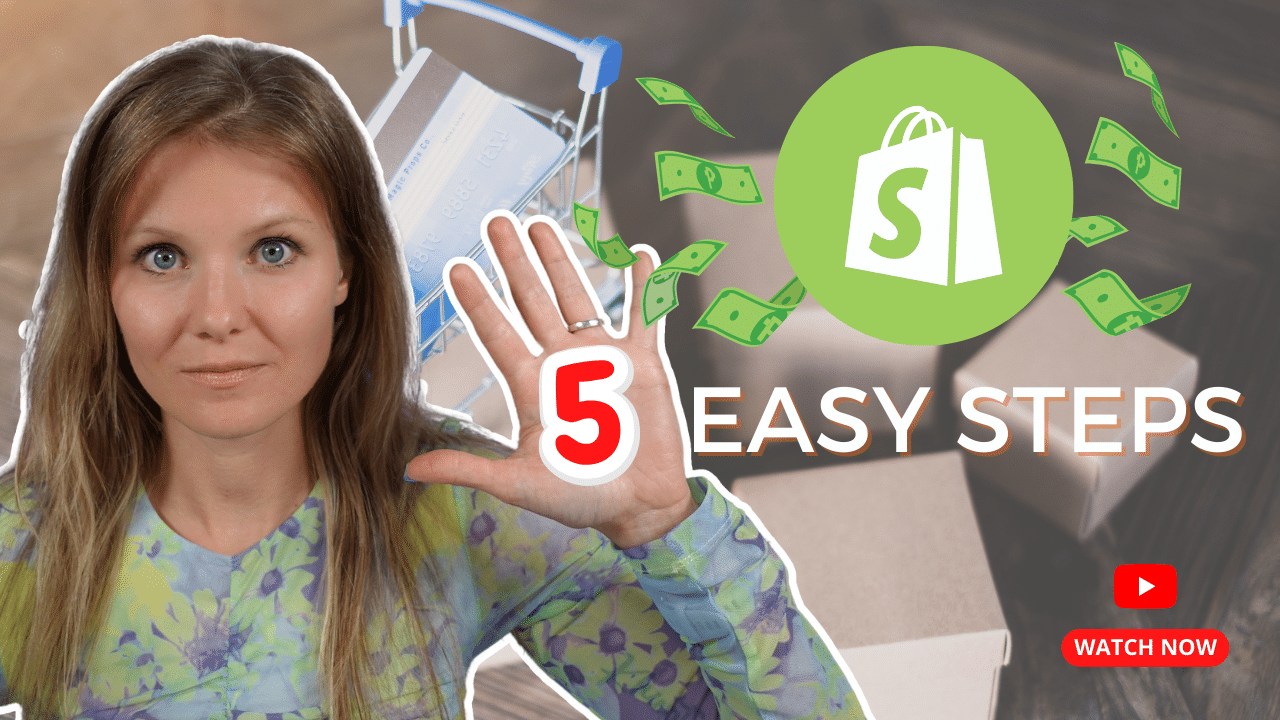
Transcript: Hey everyone, welcome to the Launch and Scale podcast. This is episode five, and I’m Khierstyn Ross. This episode is brought to you by the Launch and Scale program, which if you are looking for a done with you program that is a proven step by step system and support that we have put together to get you the support that you need throughout your product launch, be sure to head over to khierstyn.com/schedule and book a strategy session with myself, or my team where we’re going to be able to help you map out your roadmap for your campaign and ultimately see if the program is a right fit to get you the support you need to smash your product launch goals. Khierstyn Ross: In this episode, we are taking a look at … Essentially this is really the first interview that we’re doing for launch and scale, and I’ve been friends with Marcus for the last four years. Marcus Rader is the CEO and co-founder of Hostaway, which is an enterprise solution in the travel space. We’ll get into that a little bit more. But really what this interview focuses on is how they were able to go into a market, property managers and assess where the solution is and ultimately create an MVP around customer needs and customer interviews. And so, we’re going to talk about that process of how he went from the conception of an idea to an MVP and really how he was able to scale that very quickly over the last two years to a company that has raised multiple millions of dollars through VC and angel funding. But they’re now, they work out of five different countries with over 38 employees and growing. Khierstyn Ross: Hostaway, is now one of the fastest growing enterprise tech solutions in the travel space, and really stoked to cover this interview because it does really cover that fast growth period and how he was able to iterate based on customer feedback in the field. And so we have a lot of juicy tidbits to go into it. So I’m really stoked to launch and kick off our official first interview of the podcast. Khierstyn Ross: If you’ve been a listener for a while, you will know that this show has evolved from Crowdfunding Uncut where that was primarily interview focused, and what I’m looking to do with this show is have a range of teach you the stuff, answer your questions, but also bringing on valuable guests from different niches that have either a great results or they’re doing great things. And I have Marcus Rader from Hostaway, which I’ll get into what Hostaway is in a second. But Marcus and I have known each other for about four years now, I think. And we met when mutual friends brought us to a baseball game, and ever since then, we’ve just been friends hanging out in the startup space. Khierstyn Ross: What’s been really amazing about Marcus is I’ve seen him move to Toronto from Finland and start Hostaway from nothing to over a two year period, maybe two and a half, bring Hostaway from nothing to one of the fastest growing tech travel on enterprise solution software on the internet and in the world, which is just fascinating to see his journey. And I thought, what better way to kick off our first interview of this show than get into the mind of someone who has taken something from nothing to 38 employees in five different spots over the last two years. So, Marcus, I’m really stoked to have an officially recorded conversation with you and instead of just over beer. So welcome. Marcus Rader: Well, thank you. Thank you. It’s a pleasure to be on the show. Khierstyn Ross: Yeah, we’re still good. So, let’s give some context, what is Hostaway? Marcus Rader: So, Hostaway is a software service platform for vacation rental property managers. So software as a service is a concept where you buy a piece of software as a subscription model. Typical examples include Salesforce, HubSpot, Zendesk, even Stripe. What our software does, it allows vacation rental property managers to grow faster, so through our one in all solution that’s completely cloud-based, we connect to their partners, Airbnb, Booking.com, HomeAway, VRBO, TripAdvisor, Expedia, and within our platform, they manage all their stakeholders. So they manage their guests, they manage their cleaners, they manage their real estate investors. They manage their staff, they make sure their response times and ratings are good. And they, of course, do financial reporting as well. So pretty much everything needed to run a vacation rental business can be done through our platform. Khierstyn Ross: So I used to host on Airbnb, but it was my living room. So I wouldn’t be a prime customer for you, but just to do context, if I were someone that had multiple properties and multiple listings on Airbnb, I want to maximize my listings by posting on Expedia, a ton like Booking.com, a ton of other platforms. But imagine trying to manage five or six different booking platforms for five-plus listings, it gets to be a freaking nightmare. It’s like managing multiple calendars. So your solution to be able to manage that all on one platform is phenomenal. So, I know when you first started with this, you weren’t so heavy on the enterprise, but you were trying to do more like smaller property managers and that that evolved. Who would you say is your ideal customer now that uses Hostaway? Marcus Rader: So right now we only target what we consider professional property managers. But, like a lot of real estate business, the term professional is a bit vague. For example, there’s a lot of real estate brokers who actually have another job on the side or maybe they’re real estate brokers on weekends only. So, the way I define it is those who consider their time valuable. So let’s say they spend an hour or 10 hours, they have an actual price on that because that’s what businesses have. When you take in employees, and you ask them to spend 10 hours on something that’s actual money away from your bank accounts. And if our software lowers that 10 hours into just 30 minutes, that’s nine, and a half hours saved time. Marcus Rader: And that’s why, you when you were renting out your spare room, probably the 15 minutes a week you spent on it, you didn’t consider yourself losing a single dollar on that 15 minutes. But if you had to pay someone or even a team of 10 people their salaries for a full-time job, that would be a substantial amount of money. And if you can save them time and focus on growing your businesses then that’s where the value of the software like ours really come in. Khierstyn Ross: So, taking this back, how did you get the idea for Hostaway to begin with? Marcus Rader: I’m not really a strong believer in business ideas. First of all, there are not many success stories of someone who had a great idea and then decided to implement it then it became a massive business. Usually, those ideas go through a lot of iterations. And on the other hand, some of the most brilliant ideas I’ve ever heard when it comes to business, they never become a success at all, or they don’t even try. They’re just an idea. Unfortunately, I knew that when I was starting out, I knew that ideas are worthless. I had a couple of different ideas, but what I really focused on before fully committing to this, what I considered a project back then was doing extensive research, checking overall business trends, macro trends, and then doing very in-depth interviews with actual property management companies in the industry. Asking them everything from, what do they first do when they wake up to what are their biggest challenges? Marcus Rader: And, it wasn’t very solutions-oriented, it was more focused on what area do we want to be in, and then we started looking at the industry as a whole, what is Airbnb doing? What do we expect to happen? Can we find any proof on this? Can we find any scientific papers proving that our theory is right, and we had enough evidence, and we had enough research done, we decided to do an MVP. And eventually, that led us on to a couple of iterations and funding rounds, and to get where we are today. Khierstyn Ross: So, when you focused on interviewing property management companies, even taking it a step back, did it start with you deciding you wanted to start your own company and then looking for trends and then narrowing down on the property management company type, or did you just know that you wanted to go after property managers? Marcus Rader: I gave it a lot of thought. I think it was more about me wanting to start a company that actually finding an opportunity. So, I knew there were a million opportunities out there, I just wanted to choose the right one. So, it wasn’t that an opportunity presented itself and then I evaluated whether I take it or not. No, I was actively looking for opportunities, and the markets that I found was big enough, growing fast enough, going through a lot of changes and consolidation, and that’s why I decided to start the company and exactly this industry in this part. Khierstyn Ross: So how did you know that this was the right direction for you? Marcus Rader: It came actually from personal interest. A lot of the trends that we’re seeing in the world are very similar to my own experience. For example, one of the trends is remote work. People like to work in different locations and if I’m not wrong Khierstyn you have also … You don’t spend all your days at the same office, you tend to work from different locations around the world. I have moved around, lived in many countries, and I know that you need flexible living solutions. If you go somewhere for a couple of months, you can’t rent the place for a full year. Marcus Rader: Another major trend is travel. There’s a massive middle class growing, even though people always say the middle class is dying out, but actually, globally it’s growing at a massive pace. There’s a huge amount of people, especially in populous countries like China and India that are traveling, and that is a trend that’s not going anywhere anytime soon. And, back when we started out a couple of years ago, it was also not going anywhere, and it turns out that all the predictions are correct, people are traveling more and more. So, those were the trends that we found evidence off, and we believed in. But yeah, it came out of personal interest. I like to travel, I like living in different places. Khierstyn Ross: Honestly, I think that’s so important because if you are going to devote so much of your time to build something, it has to be something you have a personal interest in or else you may not be driven as hard to do the thing. Marcus Rader: That’s very true on one hand, and some of the most successful founders that I’ve met today always have a personal interest. If you can align that with somehow making the world a better place, that’s usually really nice touch as well. Unfortunately, I haven’t found that alignment. I don’t know how making business operations more efficient will, for example, reduce child poverty. But, having somewhat of an interest, whether it’s an interest in technology or finances, that definitely helps. So, if you don’t care about money then just don’t start an accounting software company. Khierstyn Ross: For sure. And there’s something I want to clarify. I know you don’t believe in business ideas, but when you narrowed it down to property management companies, something in flexible living space and solutions, did you have the idea for Hostaway, like you knew in your mind it was this hosting platform for property managers? Or did you just decide to go talk to property managers and figure out what was the one thing they really needed the most help with and then the solution was born out of their feedback? Which of those were you? Marcus Rader: Actually neither. We did want to do exactly what they were asking for, they had multiple problems, and we had a couple of different solutions for that. But, those solutions were pretty difficult to build and when we did more research and found out that every single company on earth that has tried, has failed in building those solutions. And by failed, meaning that they only had done a couple of iterations and maybe in a few years they’ll have a good solution in place. So, we decided to simplify it as much as possible and go very heavy on marketing and sales first while building the MVP, because a lot of people think they need a product in order to sell it. But well as you know in our crowdfunding space, it can be the exact opposite. First, you sell it, then you see if we can make the product. And that’s what we did, and we were actually quite successful with our first iteration. We got a bunch of customers. Marcus Rader: One of the common breaking points of young software startups is when you talk to customers, and they’re willing to pay for a solution and then you provide the solution and suddenly they’re not willing to give you any money. For us actually, we did not have that problem. Our first customer suggested to us, that how about they start paying us so that we can afford to improve the software. Which was a nice thing because we didn’t plan at that point to charge money for it. When we did start charging money for it, we quickly got up to about a hundred customers and found out that the target audience that we have they’re way too demanding, and they’re not tech savvy enough to, for example, read the documentation for a fairly complex solution. And at the price that they’re paying that we were charging, we just didn’t see any way this business could scale. Marcus Rader: But, what we did find out is that there’s a lot of companies out there with much higher demands, but they’re also willing to pay for it. And that comes back to what I said earlier if you value one hour of your time as $0 probably any software is going to be expensive. But if you have to pay a $20 salary to someone else, suddenly one hour’s worth exactly $20. And, that’s when we started targeting those customers. Khierstyn Ross: Okay. I want to clarify something. Did you build an MVP and then focus on sales? Marcus Rader: Well, I think- Khierstyn Ross: Or sale and then MVP? Marcus Rader: I think a lot of companies say, well, Facebook is a good example, if you launch a product, and it doesn’t work, just launch it again. And I think Facebook did seven launches and that’s a fairly common story, but it’s not actually the truth. The truth is that it’s somewhere in between. There’s not an exact launch. You constantly do sales, marketing, product development, market research, and at the pace that you’re going where you basically reinvent the company every single day, you can’t really define lines. Sometimes you find that you’re pitching an idea that’s already two days old and sometimes you find that you’ve sold a solution that’s only going to be available tomorrow. But by doing quick iterations, you can’t really draw any lines. But if you do enough of them eventually, you’ll find a recipe that scales, which is all that matters when you’re dealing with software. Khierstyn Ross: Because something that it’s not very clear to me is that you mentioned before that most, actually every software solution in your space that has tried to do what you guys are doing has failed. So you focused on sales and marketing, but then you go on to say that you actually had to have a customer offer to pay you and then you got a hundred people. So, where’s the line with that? Marcus Rader: That’s what I was trying to say. The line is very, very thin, and I wouldn’t say that our competitors have failed. It was more that we found one niche within niche markets that were completely uncatered to. And that’s the first one we attacked, and then found out exactly the reason why it’s uncatered to. A bit like you’ll find a hundred dollar bill lying on the streets, and you wonder why nobody picked it up. Then you pick it up and find out it’s fake. Khierstyn Ross: Yeah. I think what you’re getting at is you focused on developing a very, very, very basic and simple MVP that did the job instead of focusing on building this amazing, beautiful product right away, you did bare minimum to do the job and then focused on sales and then used sales to gradually improve it as opposed to the bloat of having like product devs to design something amazing and not focus on sales right away. Marcus Rader: That’s very, very true, and it’s sometimes hard to … I mean, if you want to build a very simple product, then you can take it quickly to market, and you can quickly sell it. But that also means that if it’s like a fidget spinner, that’s very simple to build. When it first came out, it was a big success, but suddenly you had a thousand other companies producing them, and the price plummeted and now they’re worthless. If you want to build something very complex, there’s a certain threshold, you need to invest a certain amount of time and money in order to make that complex solution work. But, what often happens is once you’re ready with that complex solution, nobody wants it or they don’t want it for the purpose you thought, or they don’t want to pay what you thought. Khierstyn Ross: Or the other thing happens, which is exactly what happened to you is you found out very quickly that you are actually serving the wrong kind of … Not the wrong kind of person but the person at a price point that wouldn’t allow you to scale. So, the other point that I want you guys to take away from this listening is that you don’t want to focus on creating this beautiful, amazing full solution product right off the bat. You need to focus on getting the job done and bringing an MVP to market because you’re going to take real customer feedback, paying customer feedback, customers that are using your product, or the software that are going to help you create the iterations for that customer ahead of time. So, that you can really build onto the product as you grow as a company. Marcus Rader: Yeah. That’s a great summary right there and something that I find a lot when I talk to people who actually want to become entrepreneurs, so have a good idea and have all the basic skills needed. They tend to do exactly the same thing that I did as well, which is set up these mental barriers. For example, if I just had $1 million or if I just had a development team or if I just had a co-founder, and they focus so much on that they bind themselves down. They can never get to the next stage, and that’s actually what took us forward instead of looking at what do we want to become in the end and how do we get there? We were looking at, okay, what is the next step? Can we get a million? Can we hire 10 developers? No. Okay, well what can we do realistically? What can we do? And where would that take us? Marcus Rader: And that’s exactly what we did. We found out that, okay, there’s a hundred things that we should do, but if we just do three of them, we’ll not get to the next stage. And if all three of those work out fine, then we can get enough resources to do 10 more. And if those workout fine, then we can do to 90 others. And that’s a much nicer approach because that’s where you actually can move forward with something more tangible and realistic. Khierstyn Ross: No, that makes so much sense. How did you find … If you have a hundred things, how do you decide what those three are? Marcus Rader: In reality, in hindsight it’s always going to be those three. But in practice you have to try 20 of them. If you’re successful at the end, you can go back and say, oh, I was so good. I looked at the list of a hundred things, and I managed to pick the three that really mattered. In reality, I haven’t really seen that with anyone. You have to try a little bit, and I think luck is a big factor there. Trying to do as much as possible, as many different things as possible and dismiss the opportunities, try to get any proof or this proof of concept as fast as possible so that you can move on to the next thing and…





